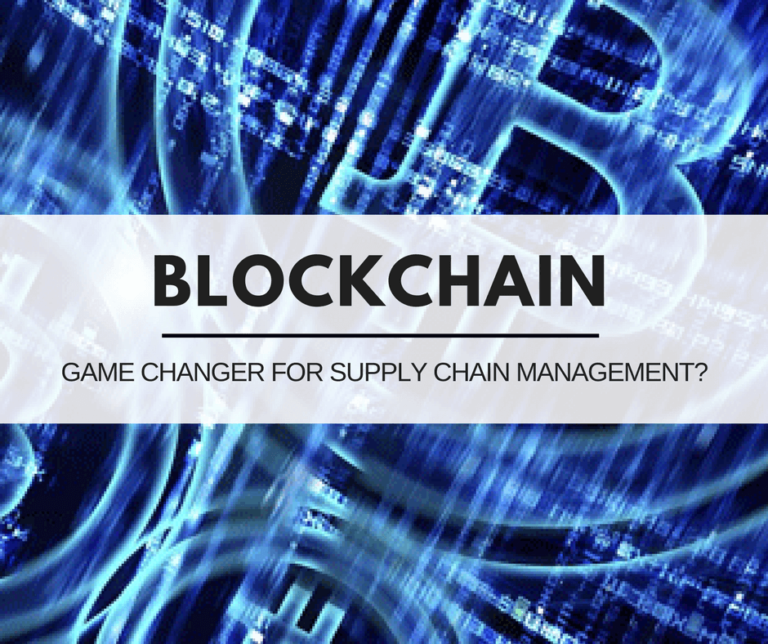Blockchain Revolutionizes Supply Chain Transparency: How This Tech Breakthrough Is Changing The Game
Blockchain Revolutionizes Supply Chain Transparency: How This Tech Breakthrough is Changing the Game

- The Rise Of Crypto Wallets: Protecting Your Digital Fortune
- The Ugly Truth About Identity Theft: Can Blockchain Tech Save The Day?
- Decentralization: The Blockchain Buzzword That’s Changing The Game
- What Are Rollups In Ethereum And How Do They Improve Blockchain
- The Future Of Blockchain In Real Estate Transactions
Imagine being able to track the origin, movement, and ownership of every product that lands on your doorstep. From the fair-trade coffee you brew in the morning to the smartphone you use to stay connected, blockchain is making it possible for consumers to gain unprecedented visibility into the supply chains that bring these products to life.
At its core, a supply chain is a network of companies and individuals working together to design, produce, and deliver products to customers. But as global supply chains have grown in complexity, it’s become increasingly difficult for companies to maintain transparency and accountability throughout the production process.
This is where blockchain comes in – a decentralized, digital ledger that uses cryptography to record transactions in a secure and tamper-proof way. By harnessing the power of blockchain, companies can create transparent and trustworthy records that detail every step of the supply chain journey.
How Blockchain Works in Supply Chains
In a blockchain-based supply chain, each stage of the production process is recorded as a "block" of data. This block contains information such as the location of the product, the time it was processed, and the identity of the parties involved. As the product moves through the supply chain, new blocks are added to the ledger, creating a permanent and unalterable record of the product’s history.
Here’s an example of how this might work in practice. Suppose a coffee farmer in Latin America sells a batch of beans to a processor in the United States. The processor roasts the beans and sells them to a retailer, who then sells the coffee to consumers. Using blockchain, each of these transactions would be recorded on the digital ledger, allowing the retailer to track the coffee back to the original farmer.
Benefits of Blockchain in Supply Chains
The impact of blockchain on supply chain transparency is multifaceted:
-
Improved Food Safety: By tracking products from farm to table, companies can quickly identify and recall contaminated or spoiled products, reducing the risk of foodborne illness.
-
Reducing Counterfeiting: Blockchain-based authentication makes it much harder for counterfeiters to introduce fake products into the supply chain.
-
Increased Efficiency: With transparent and up-to-date information, companies can optimize their logistics and inventory management, reducing costs and improving delivery times.
-
Enhanced Consumer Trust: When companies demonstrate transparency and accountability, consumers are more likely to trust their products and feel confident in their purchasing decisions.
-
Fair Labor Practices: Blockchain can help ensure that products are made with fair labor practices, by allowing companies to track compliance with labor regulations.
Real-World Applications of Blockchain in Supply Chain Transparency
While blockchain is still a relatively new technology, many companies are already using it to increase transparency and accountability in their supply chains.
For example, Walmart has partnered with IBM to develop a blockchain-based system for tracking produce through its supply chain. This system has been shown to reduce the time it takes to track a product from six days to just two seconds.
Maersk, the world’s largest container shipping company, has also implemented a blockchain-based platform for tracking shipments. This platform uses blockchain to store data on cargo contents, origin, and destination, reducing the risk of misrouting and delays.
